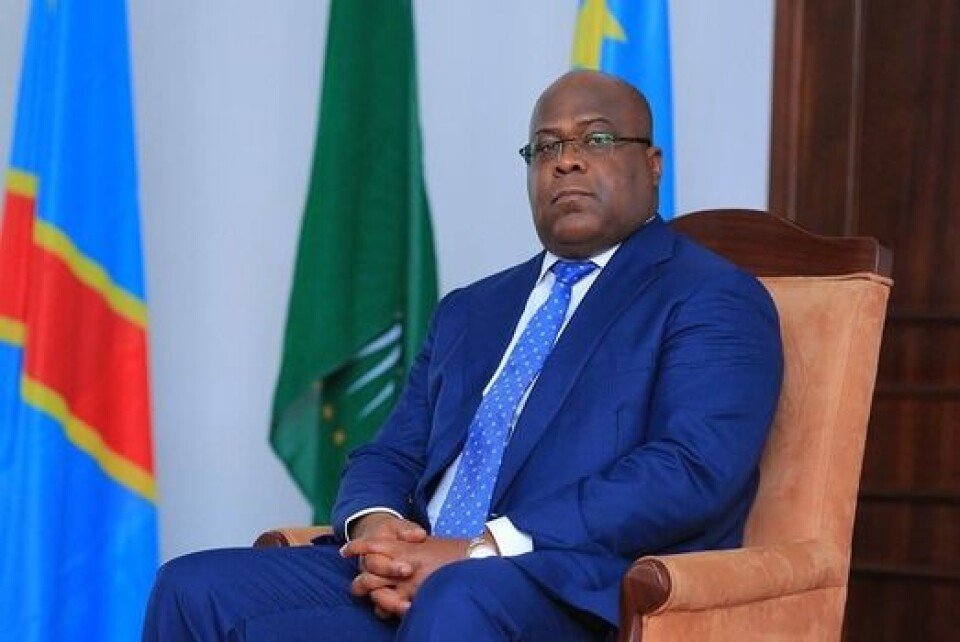Copyright : Re-publication of this article is authorised only in the following circumstances; the writer and Africa Legal are both recognised as the author and the website address www.africa-legal.com and original article link are back linked. Re-publication without both must be preauthorised by contacting editor@africa-legal.com
State of Justice in the DRC

DRC President Félix Tshisekedi has praised his judicial record and highlighted the measures he’s taken during his five-year term to ensure that the administration of justice in the DRC continues to improve, but many others do not have the same positive outlook, writes Frédéric Feruzi.
Despite the president’s assurances, many of the Congolese public are still worried about the way ministers and other high-ranking public officials have been released by the courts before completing their sentences. Some believe the release of these personalities was the result of political manipulation of the judiciary and shows a failure to establish the rule of law in the DRC, a policy that President Félix Tshisekedi advocated at the start of his mandate in 2019.
During his State of the Nation address in November, Tshisekedi announced that he had encountered four challenges in his efforts to improve the functioning of the judiciary: the inadequacy of human resources, the means allocated to the functioning of the justice system, ageing infrastructure and the morality (or lack thereof) of magistrates. To meet these challenges, he recruited 5 000 magistrates, improved their living and working conditions, and strengthened magistrate discipline through the operationalisation of provincial and national disciplinary chambers. He also asked the Superior Council of the Judiciary and the government to work together to finalise the creation of new high courts to bring justice closer to the people.
Paul Malumba, a jurist and lawyer in Goma, disagrees with the president’s assertions on a number of points. On the subject of magistrate recruitment, he maintains that some magistrates did not have sufficient qualifications to be recruited for those positions. He also points to complaints about tribalism in the recruitment process, as 2 500 of the 5 000 magistrates are from the same tribe as the president. Malumba also notes there was a delay in assigning newly recruited magistrates, as their recruitment was not sufficiently prepared but was instead political. Regarding the dismissal of crooked judges, he says only those who did not obey the injunctions of the ruling power were dismissed.
Conversely, Marcelin Mushoko, a lawyer who has been active in the judiciary for over ten years, hails Tshisekedi’s achievements in reforming the justice system. He asserts that the improvement in judges’ salaries has enabled them to deliver verdicts within a shorter time frame. In the past, they would delay verdicts because they were looking for money – sometimes through corruption. Verdicts were sometimes only made public six years after being determined.
He believes the recruitment of new judges made it possible to get rid of unqualified judges who, in some cases, had never studied law at university or were appointed because they were close to high-ranking officials. The jurist also welcomes the steps being taken to create more high courts in the country. In the past, litigants had to travel hundreds of kilometres to seek justice. “Litigants need to approach the courts to ensure that justice is done and that they do not feel prejudiced,” said Mushoko.
In their fight for justice and the rule of law in the DRC, citizens’ movements, civil society and part of the opposition continue to denounce the dysfunction of the judicial system. Some observers attribute this dysfunction to the lack of training for judges, the meagre resources allocated to justice by the Congolese state, and the widespread immorality among those presiding over legal proceedings.
To join Africa Legal's mailing list please click here
